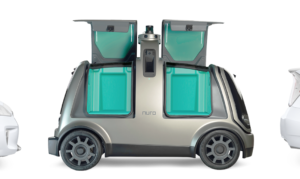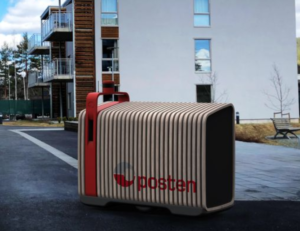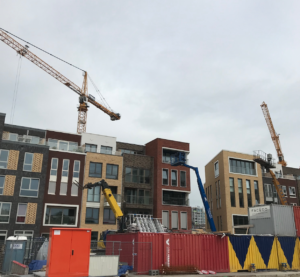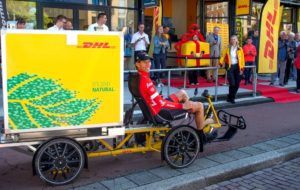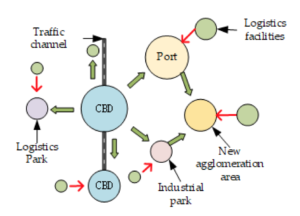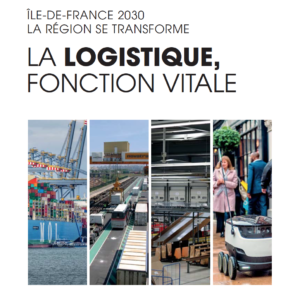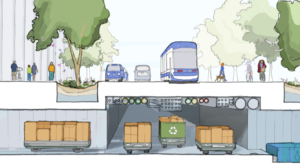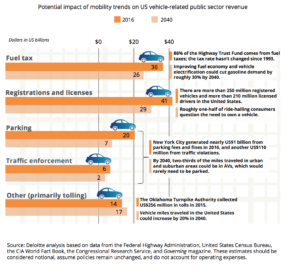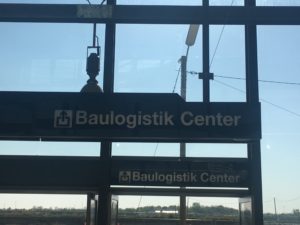The Final 50 Feet: challenges and opportunities in citylogistics
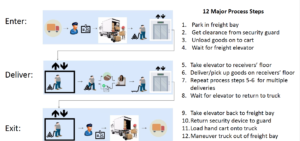
The final 50 feet of the urban delivery starts when a truck driver parks in a loading- and unloading zone, includes delivery persons’ activities as they maneuver goods over curbs, along sidewalks and through intersections and ends inside urban buildings when they complete their deliveries. There is a lot of hidden time and cost the final …

